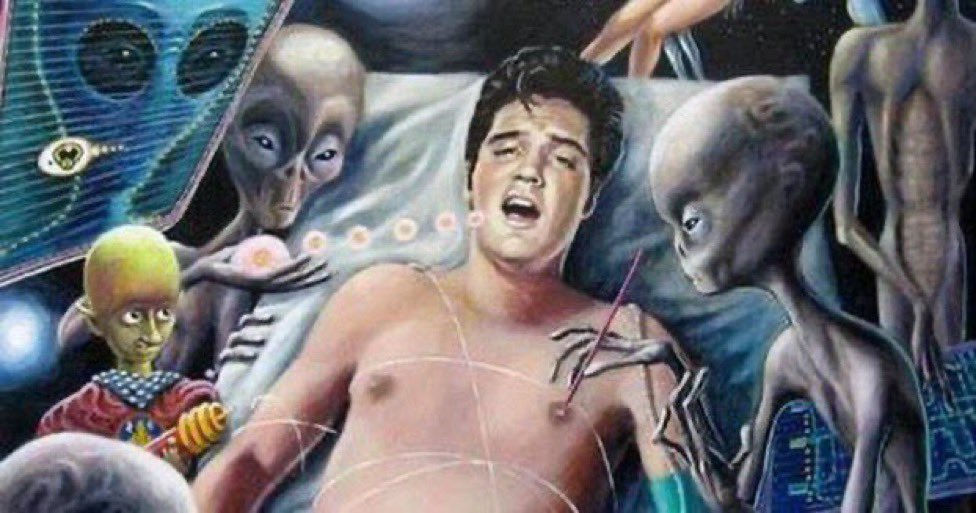Riffin' On the Universal Church
- Doug Leamy
- Jan 26, 2023
- 6 min read
“Arjuna said: what is the destination of the unsuccessful transcendentalist, who in the beginning takes to the process of self-realization with faith but who later desists due to worldly-mindedness and thus does not attain perfection in mysticism?” 6.37 Bhagavad Gita Dhyana-yoga
“O mighty-armed Krsna, does not such a man, who is bewildered from the path of transcendence, fall away from both spiritual and material success and perish like a riven cloud, with no position in any sphere?” 6.38
“This is my doubt, O Krsna, and I ask You to dispel it completely. But for You, no one else is to be found who can destroy this doubt.” 6.39
“The Supreme Personality of Godhead said: Son of Prtha, a transcendentalist engaged in auspicious activities does not meet with destruction either in this world or in the spiritual world; one who does good, My friend, is never overcome by evil.” 6.4
These are the mechanics of salvation in every major religious tradition known to Man at this period, and of every single one we’ve found evidence for that are no longer.
This is John 14 in the New Testament.
This is also why I dislike the Church for claiming that hell is real, or that all people who lived before Christ were sent to hell and had to reside there, even the saints, until Jesus was crucified and the gates of heaven were opened. The Christians teach this, and it is a lie, as well as a social problem…the root of this behavior/teaching on the Church’s behalf causes criminality in the world, as well as mental and physical health disorders (the truth will set you free). It’s an attempt at religious supremacy, and it has not performed well with the public across time, nor do they breathe any sort of meaningful spirit into it with their devotion because they are incapable; this is the will of God.
The truth is is that hell doesn’t exist. And today’s passages, even though they predate the church by what we estimate to be about 5,500-6,000 years…possibly longer, they seem to anticipate the idea of eternal life, as well as eternal separation from God. I bet the spiritual traditions of that day and age did have the same concepts that the Church ultimately had…I mean Jesus did inherit a culture with which he began his work with. He didn’t need to. He could’ve been born in the first generation of Man and still used his method to accomplish similar ends, because he is a mystic who communed with the Father, seeing him in all things at all moments.
“O mighty-armed Krsna, does not such a man, who is bewildered from the path of transcendence, fall away from both spiritual and material success and perish like a riven cloud, with no position in any sphere?” 6.38
“This is my doubt, O Krsna, and I ask You to dispel it completely. But for You, no one else is to be found who can destroy this doubt.” 6.39
Arjuna is asking that everyone be saved. The way he phrases it betrays that culturally there are some notions in whatever culture surrounds Arjuna that not all people commune with God in eternal life after their passing. Now that God has decided to show personally to Arjuna, and instruct him, cultivating a friendship between the two, Arjuna naturally realizes he has some responsibility concerning every living creature… if torment is real, and potentially everlasting, Arjuna feels compelled to ask God to save those people.
And Krsna, who is an emanation of the Singular, Infinite Source, and this is a counterpart to God the Father in the West (as in it’s the same God the Father who visited men in the early days of humanity in the Old Testament, with a different character-type), responds compassionately to what is ultimately described, by the person speaking it, as Arjuna’s great “doubt”. To think that a creature, any creature, could succumb to evil is a sin; it’s the most widely held sin in Mankind throughout the ages… some feel as if only the spiritually enlightened, and we mean “enlightened” in an eerie sense of the term, who ever escape this one, and once they do, for whatever reason, they have become a “clairvoyant”.
But the mechanics of it are simple. God is life. God saves. Life is a march in a positive direction (salvation). It’s uniform and comprehensive; God always wins. That’s what it means to be given a life, no matter how short or long it is; it’s perfect as it is, and it’s enough for His wishes.
Those who turn to the path do succeed, and the reap the fruits of the Yogi. But those who are simply alive, whether or not they are ever made aware of it… they are in transcendentalist frameworks which stoke their positive, loving, infinite nature… they are being provoked to do good, not tempted to evil by invisible demons. Across their lives, they grow spiritual (even the atheists) simply by being a person…you know that they’re good shit. They’re family, even.
As we look towards trying to stop social issues, I’m a bit of a bastard at first for saying this, but then again…what is the concept of God to be used for? As we see too many mass shootings/killings in America, why are we so robustly and blindly lifting the Church up as if they are the spiritual backbone of this country? God the Father is the spiritual backbone…Jesus Christ is the spiritual backbone (although it’s controversial to say this because of the Church and how their brand claims to be the officially endorsed brand of Christ, and they happen to be homophobic and xenophobic in ways the Messiah never was)…the pope has proved he does not have any sort of infallibility that is convincing to those of us on the world stage… he isn’t infallible. When he channels God’s will, then he is.
We need to stop lifting a human-made institution up as if it is God, himself. I like religion. All I’m saying is that they need to be subject to the same checks and balances as any of us if we are going to use religion optimally/actually succeed in the spiritual mission.
Sensibility is divine, in its purest form. Our thinking people do know how to reliably get there. This has become a rational game.
If we have too much violence here in America, especially within the youth in a devastating way… maybe we shouldn’t be teaching children that there’s everlasting separation from God and that the devil/hell actually are real. Maybe we should teach them what Christ actually taught…that God is life, and life saves. That life is perfect, and this is the kingdom of Heaven.
I’m not saying that these mass shooters (get it, mass…) are Christian. But they live in a network of mutuality with an institution that has more blind support than it needs at the moment, and is above the will/sensibility of it’s own practitioners to its own detriment. That this institution seems to be homophobic and xenophobic as if it’s a matter of principle… we know that homophobic and xenophobic people are more prone to criminal acts, in general. Does not the same apply to institutions and their influence?
Imagine my amazement as someone who was Christian and devoted the first 28 or so years of his life to learn while studying Hinduism and Buddhism that every Asian religion is identical. Imagine my wonder when after learning this that I turned to the Bible and saw it was exactly what Christ appeared to be teaching.
Imagine my anger when I turned to the Bible, and then to the Church, and couldn’t explain huge amounts of what they were doing. It made no sense other than somebody is asleep at the wheel, or somebody is pathetic enough that they will stoke the fire until the real Jesus shows at their door. Their leadership is abhorrent.
They caused “social anxiety” in my childhood. Me being a good believer, and accepting what they said as truth…cut me off from so many character types in the diverse society which surrounded me. I had to learn how to be comfortable with people, and work that the Dalai Lama did pushed that process along for me extensively.
I was the Church. And it didn’t go well for me.
This here, this is the real God. And when I actually remember my story, I should be the type to be shepherding people away from one and towards the other, moreso than writing that we’re all equals and we should come together in solidarity to celebrate this thing we call life. No, I’m more concerned with ending root causes that are real, that our out there in our world today, and that can nipped in the bud.
It’s time to force these people to do what the entire body of the Church, us, know is right.

This one, is not melodramatic.






Commentaires